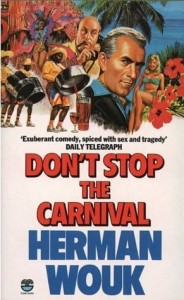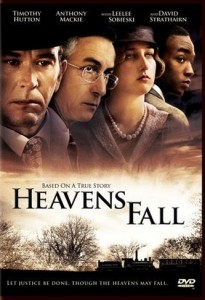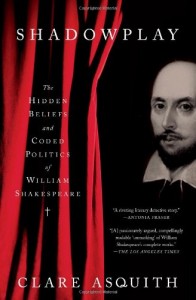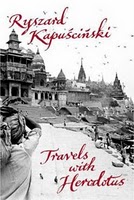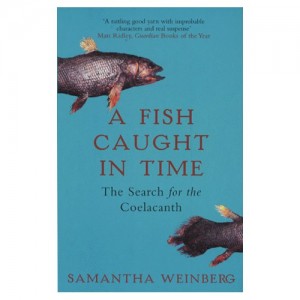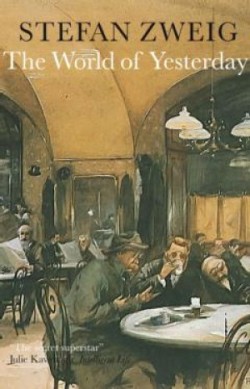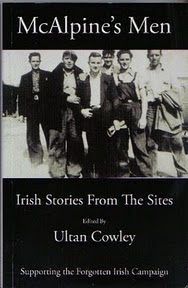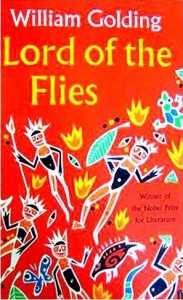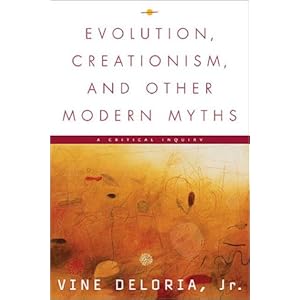Follies and Fallacies in Medicine (1989) by Petr Skrabanek and James McCormick
“Books do not arise of themselves; they do not emerge from the primeval slime, but are grafted on to some bizarre selection of everything that has gone before, a selection which is determined by the past experience of their authors”.
The Interdisciplinary approach to science and human reasoning generally, has much to recommend it.* By this we mean new insights, or evidence weighing against established theories in one field, that may profitably be used to re-examine areas in another field of knowledge .There are books published that confine their criticisms to the field their writers are familiar with, or feel best placed to give examples, but which can often be applied in ways the authors themselves may not at first have reckoned with, or conversely, deliberately scattered seeds for others to cultivate elsewhere. One such book is Follies and Fallacies in Medicine. It is not easy to obtain.
The authors aim as stated, ‘is to reach inquisitive minds, particularly those who are still young and uncorrupted by dogma. We offer no solutions to the problems we raise because we do not pretend to know of any. Both of us have been thought to suffer from ‘scepticaemia’ (an uncommon generalised disorder of low infectivity. Medical school education is likely to confer life-long immunity) but are happy to regard this affliction, paradoxically, as a health-promoting state..’
Many examples of erroneous reasoning, obfuscation, faulty logic and accidental misinformation are given; they are not concerned with deliberate falsification, deception or fraud, which can at times pollute the scientific literature. It appears that there is a need to spell out cautions necessary to establish truth, for even the best intentioned author will have a personal bias, a tendency to form a conclusion or a belief before the evidence necessarily justifies it’..

